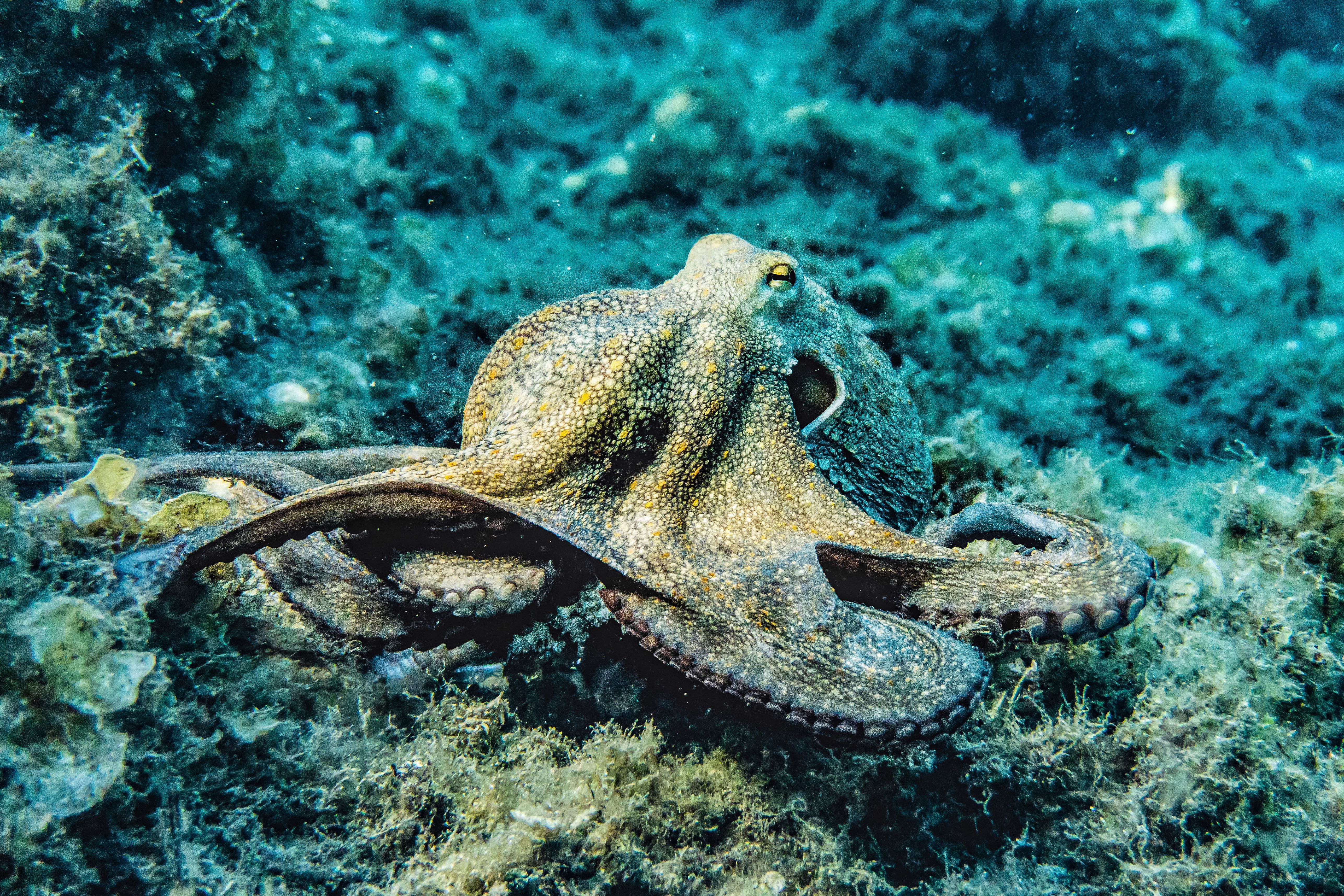


Evolutionary history over time has shown that while vertebrates, i.e., those animals with backbones, developed large and complex brains, invertebrates lacked them. However, one exception did exist in the latter: the cephalopods.
According to a study published in the journal, “Science Advances,” a team led by Nikolaus Rajewsky of the Max Delbruck Center has shown that the evolution of cephalopods is associated with a dramatic expansion of their microRNA.
Cephalopods like octopuses, squids, and cuttlefish are highly intelligent animals with complex nervous systems. Scientists have long wondered why such a complex nervous system was only able to develop in these molluscs.
Now, an international team led by researchers from the Max Delbruck Center and Dartmouth College in the United States has put forth a possible reason. In a paper published in «Science Advances,”, they explain that octopuses possess a massively expanded repertoire of microRNAs (miRNAs) in their neural tissue – reflecting similar developments that occurred in vertebrates. “So, this is what connects us to the octopus!” says Professor Nikolaus Rajewsky, Scientific Director of the Berlin Institute for Medical Systems Biology of the Max Delbruck Center (MDC-BIMSB), head of the Systems Biology of Gene Regulatory Elements Lab, and the paper’s last author.